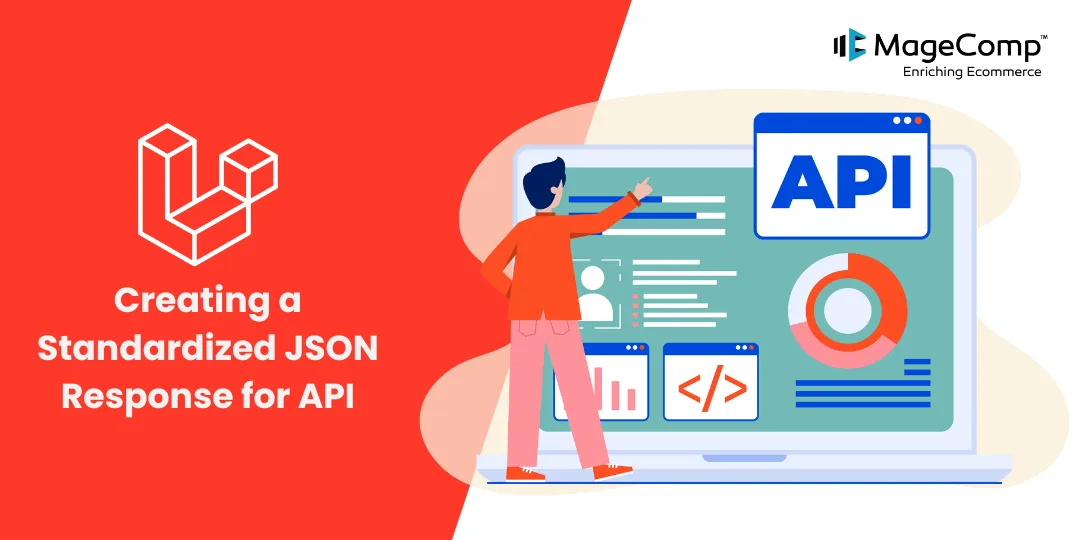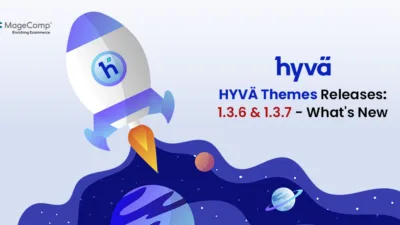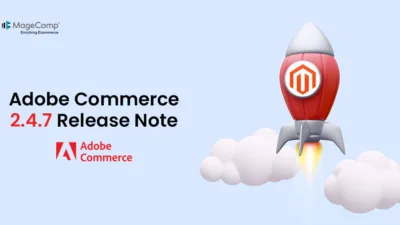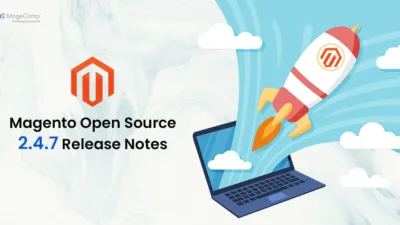In the realm of modern web development, APIs (Application Programming Interfaces) are the backbone of communication between different software systems. Whether you’re building a web or mobile application, chances are you’ll need to interact with an API at some point. Laravel, one of the most popular PHP frameworks, offers robust support for building APIs effortlessly. In this article, we’ll delve into the art of crafting standardized JSON responses for APIs using Laravel.
In Laravel, creating a standardized JSON response for your API can help maintain consistency and clarity throughout your application. A common approach is to use a dedicated class or helper function to format your responses.
Why Standardize JSON Responses?
Consistency is key when it comes to API design. Standardizing JSON responses across your API endpoints offers several benefits:
- Improved Developer Experience: Developers consuming your API will appreciate consistency as it makes integration and debugging easier.
- Predictable Client Behavior: A standardized response format helps client applications anticipate and handle various scenarios effectively.
- Easier Error Handling: By defining consistent error structures, you streamline error handling on both the server and client sides.
- Enhanced Maintainability: With a standardized response format, modifying and extending your API becomes more straightforward as developers know what to expect.
How to Create Standard JSON Response for API in Laravel?
Let’s dive into the process of creating a standardized JSON response in Laravel.
Step 1: Create a Response Helper Class
You can create a helper class to handle your API responses. This class can contain methods for various types of responses such as success, error, or validation error responses.
app/Helpers/ApiResponse.php
namespace App\Helpers;
class ApiResponse
{
public static function success($data, $message = null)
{
return response()->json([
'success' => true,
'message' => $message,
'data' => $data
]);
}
public static function error($message, $statusCode = 400)
{
return response()->json([
'success' => false,
'message' => $message
], $statusCode);
}
public static function validationError($errors)
{
return response()->json([
'success' => false,
'message' => 'Validation errors',
'errors' => $errors
], 422);
}
}
Step 2: Usage
You can now use these methods throughout your application to format your API responses consistently.
ExampleController.php
namespace App\Http\Controllers;
use App\Helpers\ApiResponse;
use App\Models\User;
use Illuminate\Http\Request;
class ExampleController extends Controller
{
public function getUser($id)
{
$user = User::find($id);
if (!$user) {
return ApiResponse::error('User not found', 404);
}
return ApiResponse::success($user);
}
public function updateUser(Request $request, $id)
{
$validatedData = $request->validate([
'name' => 'required|string|max:255',
'email' => 'required|string|email|max:255|unique:users,email,' . $id
]);
$user = User::find($id);
if (!$user) {
return ApiResponse::error('User not found', 404);
}
$user->update($validatedData);
return ApiResponse::success($user, 'User updated successfully');
}
}
This approach keeps your controller methods clean and separates the concerns of formatting responses from your business logic. Additionally, it ensures consistency in the structure of your API responses throughout your application.
Conclusion:
Consistency is paramount in API development, and Laravel empowers developers to achieve it effortlessly. By standardizing JSON responses across your API endpoints, you enhance developer experience, ensure predictable client behavior, and simplify error handling and maintenance. Adopting a structured approach to API responses not only benefits developers but also improves the overall quality and reliability of your application. So, embrace the art of crafting standardized JSON responses in Laravel and take your API development to the next level.












